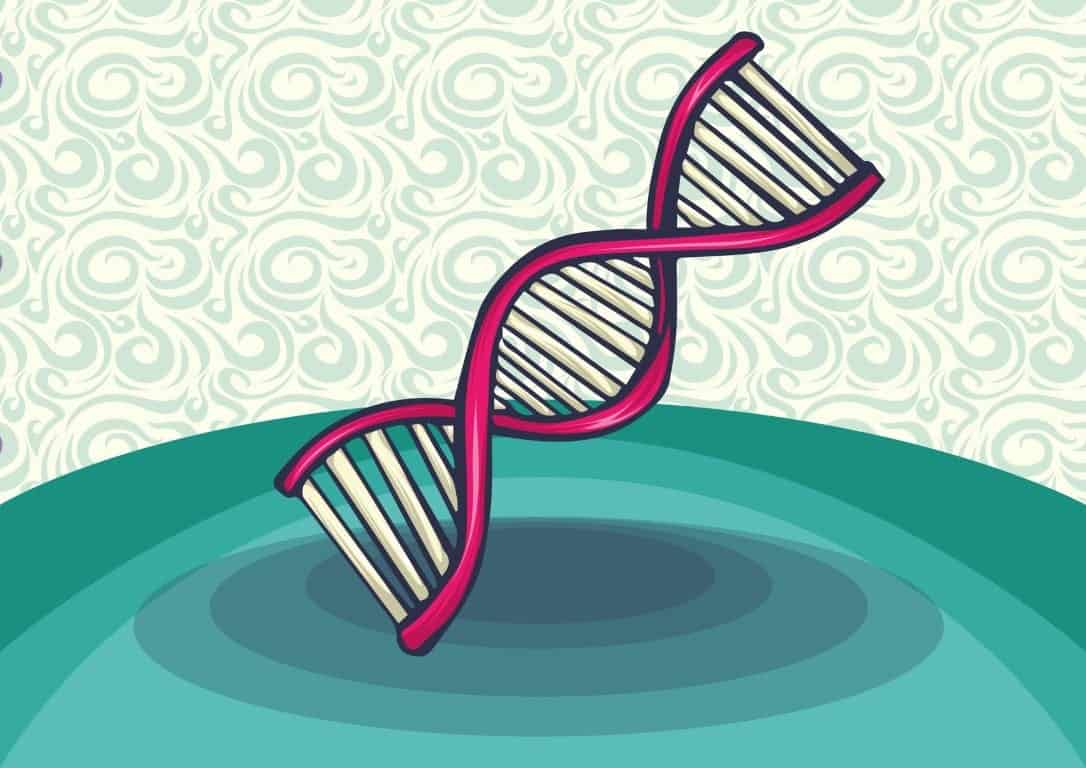Let us make this perfectly clear: when a person decides to drink alcohol, it is entirely a choice. That choice can be influenced by outside factors. These include:
- Peer pressure
- Family disapproval
- The overall availability
Regardless of the factors involved, it still remains a choice.
However, once an individual begins to regularly drink, their personal risk of developing alcohol dependence, then needing alcohol addiction treatment, is largely determined by their genetic makeup. Simply put, some people respond differently to alcohol.
In fact, alcoholism is not a matter of choice. Neither is it a moral failing or due to a lack of willpower. Instead, it’s a matter of biology.
Are you concerned about a loved one and their alcohol addiction? Call us today at 888.296.8976 for help.
Family History as Verification
One of the most reliable and accurate indicators of an individual’s risk for alcoholism is their personal family history. Most frequently, this “family history” means that one or both of their parents were alcoholic. In fact, some studies have shown that the children of parents who suffered from alcoholism are approximately four times more likely to have problems with alcohol. These children are also at higher risk for emotional and behavioral problems.
While there is no one definitive test for alcoholism, a family history can be a valuable tool for verifying an individual’s risk. The information gleaned from a family history assessment can help clinicians to develop an appropriate treatment plan for their patients. In addition, it can also help individuals to better understand their own risk for developing this disease.
An individual’s family history is not the only indicator of risk for alcoholism, but it is a significant factor. Clinicians should always take into account all of the known risk factors when assessing a patient’s risk for alcohol abuse. By doing so, they can provide the best possible care and treatment for those who need it.
If you have concerns about your own risk for alcoholism, or if you think that someone in your family is suffering, please seek help. There is no shame in seeking assistance. Alcoholism is a real and serious disease, and it can have devastating consequences if left untreated.

The Case for a Genetic Cause
In 2004, a study conducted by Subash C. Pandey, Ph.D., A psychiatrist with the University of Illinois at Chicago showed that a gene that regulates brain function and learning is also involved in the process of alcohol dependence and withdrawal. The test was conducted on specially-bred rats, and those with less of the protein produced by the gene were increasingly anxious and showed a marked preference for alcohol.
On average, the rats that had a deficiency of the protein drank approximately 50% more alcohol than normal rats. In a news release, Dr. Pandey stated, “Some 30% to 70 % of alcoholics are reported to suffer from anxiety and depression. Drinking is a way for these individuals to self-medicate.” The study is the “first direct evidence that a deficiency in the (gene) is associated with anxiety and alcohol-drinking behavior.”
Unique Genetic Codes in Alcoholics?
According to research conducted by the University of Texas at Austin, there may be a whole network of genes at least partially responsible for alcoholism. The research team obtained brain tissue from both non-alcoholics and alcoholics and then compared genetic code patterns from each. The discovery is very encouraging. It indicates a particular formation of genes only found in alcoholics—not non-alcoholics.
Dr. R. Adron Harris, the director of UT’s Wagner Center for Alcohol and Addiction Research and the co-author of the study, said, “We now have a much clearer picture of where specific traits related to alcohol dependence overlap with specific expressions in genetic code.” Dr. Harris went on to say, “This provides the most comprehensive picture to date of the gene sets the drive alcohol dependence.”
The implications of this study are clear. They suggest that it is possible to conduct more thorough screening when judging an individual’s risk factors for alcoholism. In fact, perhaps this can happen even before that person begins to use alcohol at all.
Other Factors
Despite the genetic link, there are other factors that also strongly influence the likelihood that an individual will develop problems with alcohol. Other causal factors may be environmental or behavioral in nature:
- Binge Drinking. When a person overindulges in alcohol by regular binge-drinking or heavy drinking over a period of time, there is an effect on the brain’s reward center.
- Underage Drinking. Teenagers’ brains are still developing, and when alcohol use begins early, the risk of developing alcohol dependence later is magnified.
- Alcoholic Environment. This type of environment is present when one or more of an individual’s parents abuse drugs or alcohol. A startling 70% of adult children of alcoholics also develop compulsive behaviors.
- Trauma. This factor occurs when a person suffers a severely traumatic experience and attempts to self-medicate with alcohol in order to process the experience
The final answer is clear. In fact, genetics play a large role in the development of alcohol-related disorders. Armed with that information, it may be possible for physicians and addiction specialists to formulate new evaluation protocols that should help diagnose alcoholism in a much timelier manner.
Get Help Today
If you suffer from an alcohol addiction, effective treatment can put you on the road to recovery. Don’t wait to make this decision. Call us today at 888.296.8976 for more information about alcohol addiction treatment.

